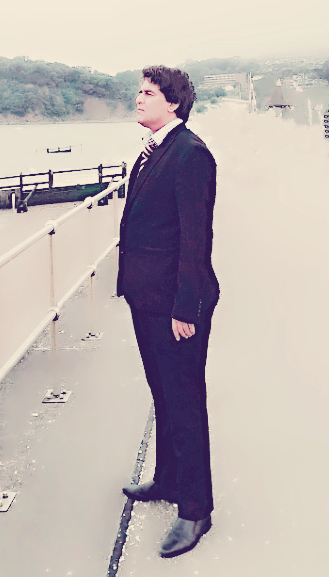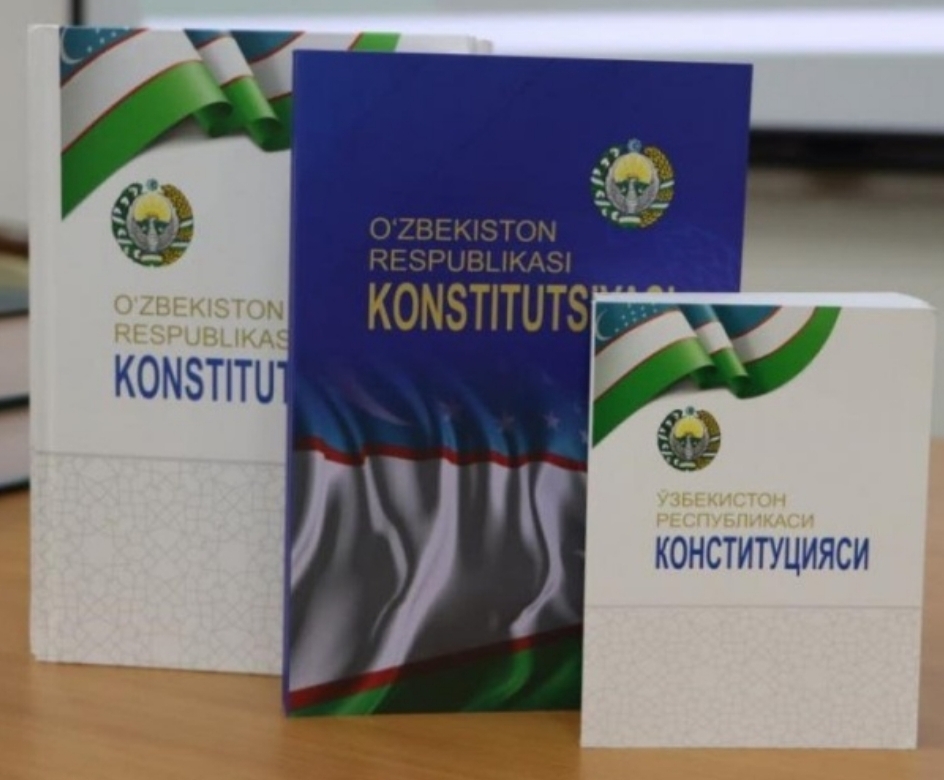The Bangladesh Revolution; Lessons to be learnt
The recent revolution in Bangladesh has changed the geo۔politics of the region. There were large protests that were led by students but nobody could predict that it would be a swift and decisive revolution. In Bangladesh change has occurred swiftly and suddenly. The toppling of the Awami League Government surprised many capitals in the world.
There are many lessons to be learnt. History is a teacher for those who are willing to learn. A government must never use excessive and oppressive methods to silence legitimate demands. A government should listen eagerly to legitimate grievances that are raised. A government should solve legitimate issues before they spiral out of control. A government should apply the principles of equity and equality among all citizens. A government must not use state institutions to oppress the masses. A government should not be heavy handed in its approach when faced with large scale protests. After bloodshed the situation deteriorates rapidly.
In Bangladesh a new era has begun. Whether one is for change or against it, a new dawn has indeed commenced. No matter what the circumstances a good leader always navigates through the situation with inter alia foresight, vision, determination and dedication. I hope that the new government in Bangladesh is successful as regards the welfare and prosperity of the people of Bangladesh.
A point that I wish to raise further is that revolutions also effect the economy of a state and can have drastic consequences both in the short term and sometimes in the long term. In a post-revolution situation extra care is needed so as to head in the right direction as regards economics, foreign policy, trade, education, law and order, human rights and the welfare of the people.
Furthermore, state institutions are the pillars of a state and strong state institutions are of vital importance for the survival of a state. In Bangladesh the army played an extremely pertinent role as regards the transfer of power. The army assisted in defusing a grave situation. It is the army which keeps a state united and in tact during the hours of doom and gloom and rightly so. In an emergency situation the army must fulfill its role as a state protector.
The Bangladesh revolution may not have occurred if the Awami League Government had foreseen the storm that was building up. In politics sometimes reality is not grasped at the critical hour. If we study history we shall find many examples of great leaders who have made gigantic mistakes and errors of judgement. History does repeat itself. The same mistakes are made again and again.
As far as Bangladesh is concerned I wish the people of Bangladesh a prosperous and successful future. I hope that they will overcome all their difficulties and enter into the realm of peace and prosperity.




